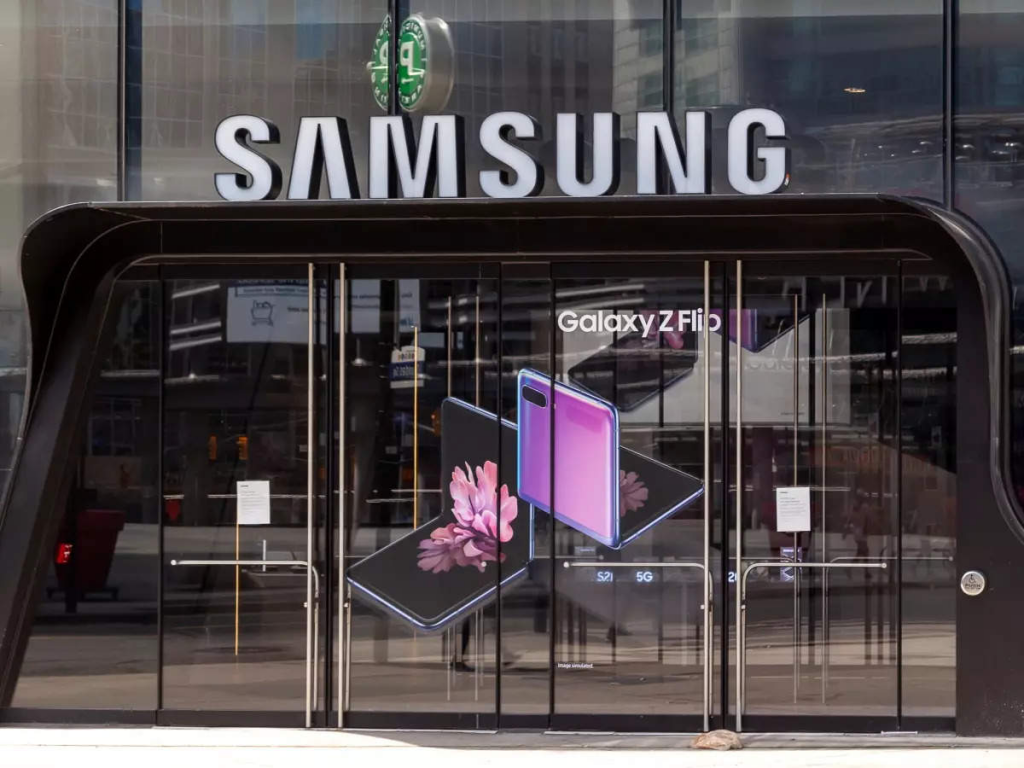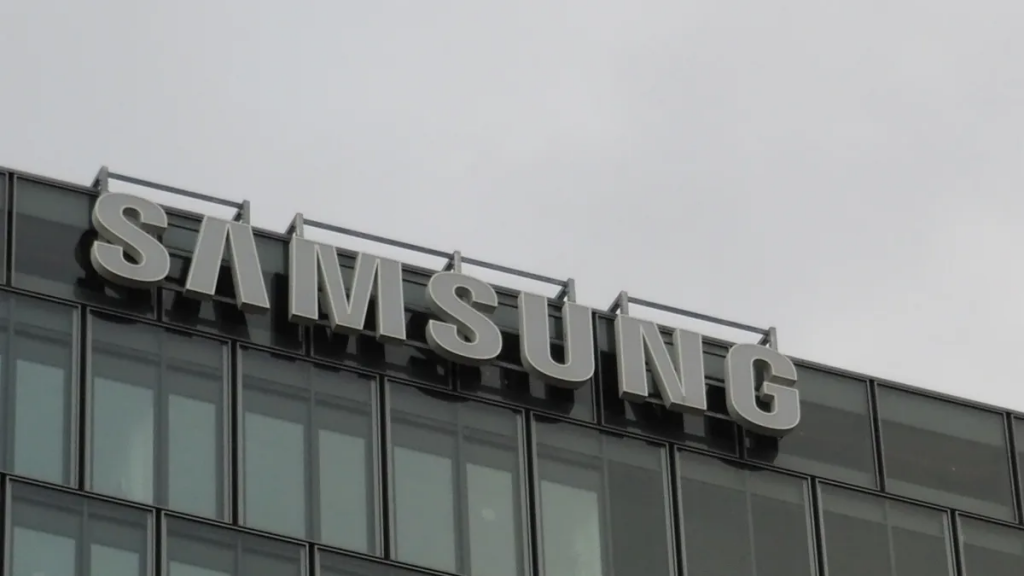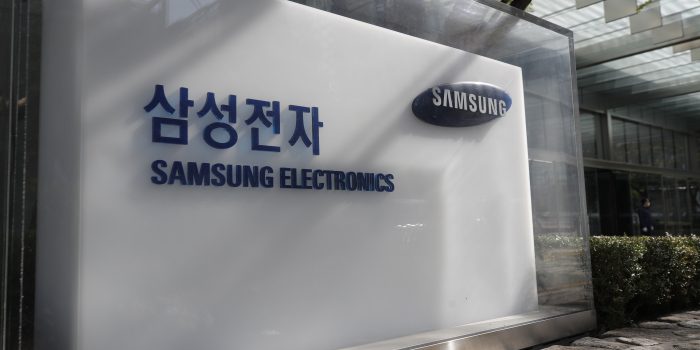The current global economic slowdown has hit the semiconductor industry hard, causing a significant decline in demand for chips and leading to plummeting prices. This has resulted in the world’s largest memory chip maker, Samsung Electronics, announcing significant cuts to its chip production. This move has been prompted by a decline in sales, with first-quarter profits falling 96%, much worse than expected.
“Samsung talking about production cuts is evidence of how bad the current slump really is,” said Greg Roh, head of research at Hyundai Motor Securities.

Samsung’s decision follows similar moves by SK Hynix and Micron Technology, both of whom have also reduced chip production.
During the Covid-19 pandemic, consumer electronics demand surged as people were confined to their homes during lockdowns, leading to a global chip shortage. Smartphone and personal computer manufacturers subsequently ramped up purchases of chips. However, as consumers cut back on big-ticket purchases amid the cost of living crisis, with food and energy bills skyrocketing, demand has since waned. Samsung attributed the slump in demand to a weaker global economy and companies buying fewer chips as they ran down their inventories.

“We are lowering the production of memory chips by a meaningful level, especially that of products with supply secured,” Samsung said, referring to customers with sufficient inventories. The company had previously discussed making minor adjustments, such as temporarily halting production to refurbish production lines.
Analysts predict that Samsung’s chip division, which typically accounts for around half of the group profits, will report a record loss of 2.1tn won in the quarter.
Despite the announcement of production cuts, investors remained optimistic that the output cut would support chip prices, which have fallen by 70% over the last nine months.
“Today’s production cut signal casts a positive outlook for a memory chip rebound in the second half of the year,” said John Park, an analyst at Daishin Securities.

Samsung did not say if it was sticking to its investment plans for this year, but it confirmed that it would continue to invest in infrastructure and research.
The current slump in the semiconductor industry has been largely due to a decline in consumer demand for electronics, as people cut back on more significant purchases amid the cost of living crisis. This has led to a global chip shortage, which initially caused chip prices to soar, but the decline in demand has since caused prices to drop significantly.
While Samsung’s decision to cut production may positively impact chip prices in the short term, it remains to be seen whether the industry can recover fully in the coming months.


